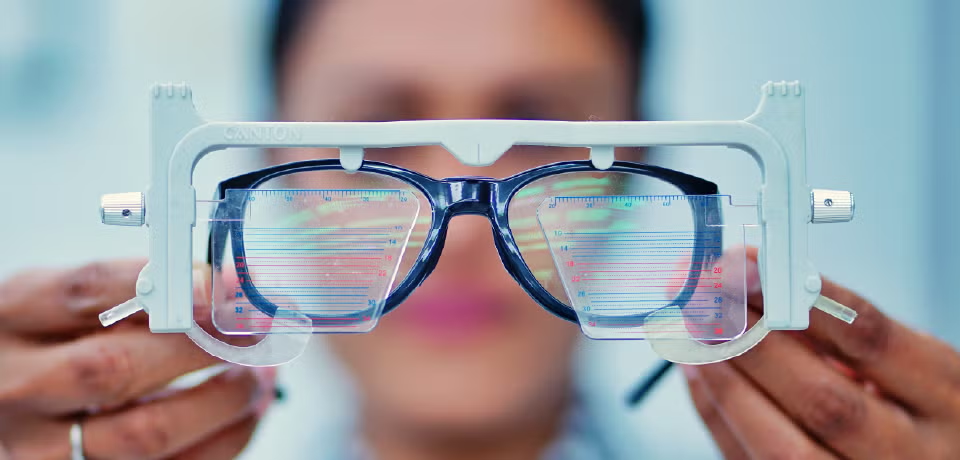Polycarbonate/Bisphenol A (BPA) Global Alliance

BPA’s Safety Track Record
Bisphenol A (BPA) is one of the most thoroughly tested chemicals used today and has a safety track record of more than 50 years. Regulatory bodies around the world have reviewed the science and have found BPA to be safe.
Learn moreBPA Facts
- BPA is a well-studied, building-block chemical used primarily to manufacture durable epoxy resins and strong, clear polycarbonate plastic.
- Auto parts, building materials, safety equipment, medical supplies, and many other products depend on high-performance materials made from BPA.
- BPA readily biodegrades and is not persistent in the environment.
Featured Research
- The U.S. FDA addresses the safety of BPA with a Q&A on its website. The straightforward answer to the question “Is BPA safe?” is “Yes.”
- In September 2018, the U.S. National Toxicology Program (NTP) released the final report on the CLARITY Core Study. The scope and magnitude of this study are unprecedented for BPA and the results clearly show that BPA has little potential to cause health effects, even when people are exposed to BPA throughout their lives.
Join Industry Group
Interested in joining the Polycarbonate/Bisphenol A (BPA) Global Alliance?
Contact usView More Resources
View all related resources from this industry group.
Learn moreSustainable Chemistry
The wide array of beneficial products made with BPA contributes to consumer safety and energy efficiency, and provides other environmental benefits.
As cars become lighter and more fuel-efficient, polycarbonate becomes an even more important plastic for future sustainability. Polycarbonate used in automobiles helps to produce more fuel-efficient (reducing greenhouse gas emissions) vehicles while maintaining safety. Polycarbonate window glazing weighs 40-60 percent less than laminated or tempered automotive glass. That weight reduction translates into better fuel efficiency.
Learn more